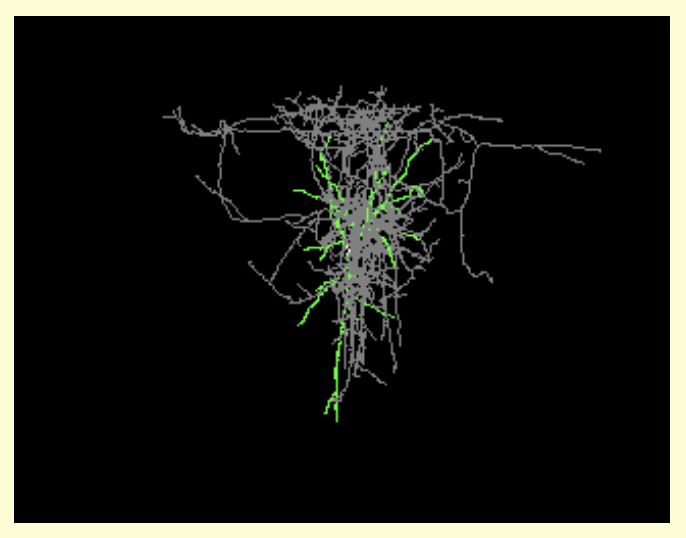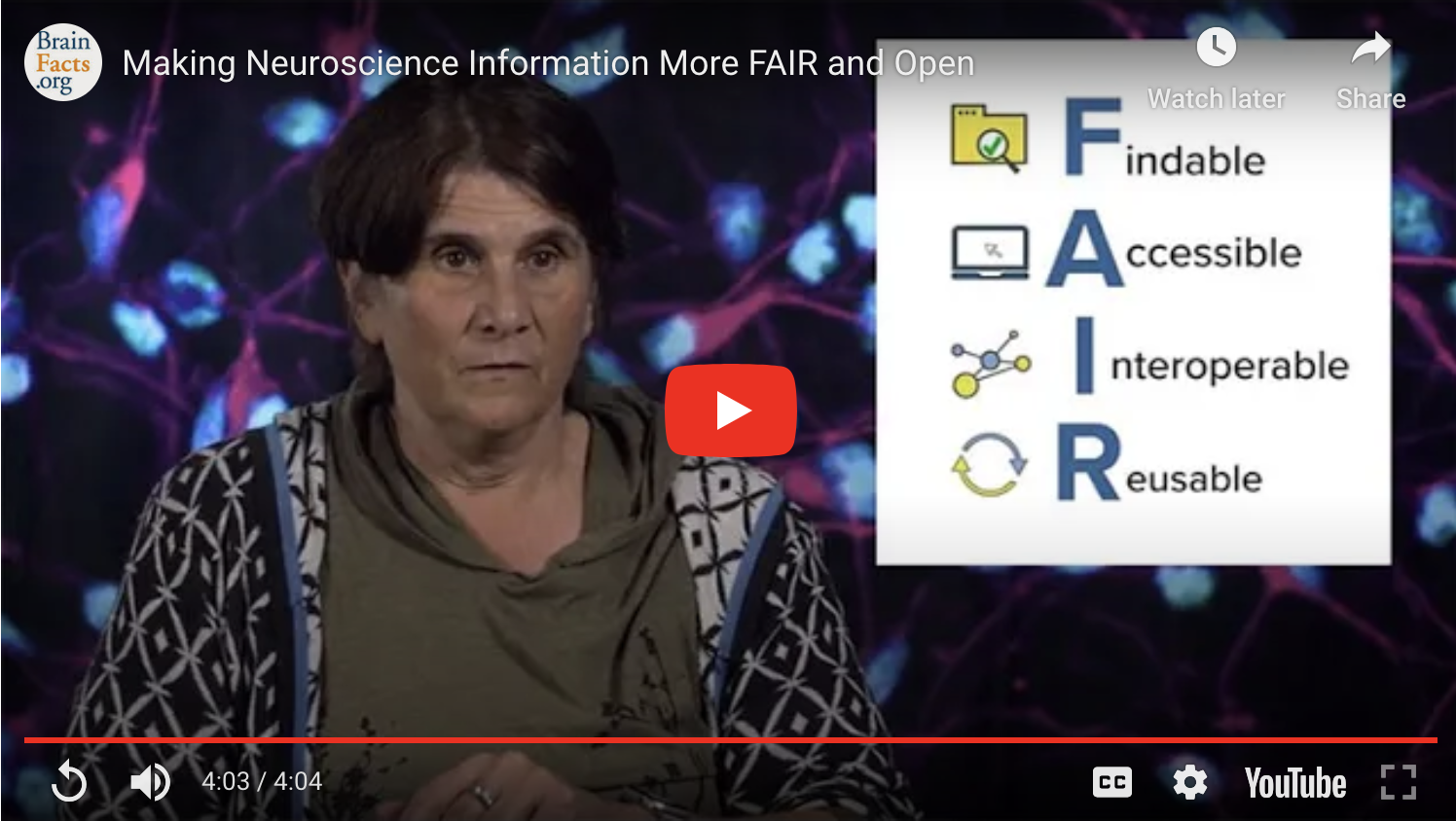Two Cases of anti-PIT-1 Hypophysitis Exhibited as a Form of Paraneoplastic Syndrome not Associated With Thymoma.
Anti-pituitary-specific transcription factor 1 (PIT-1) hypophysitis (anti-PIT-1 antibody syndrome) is a thymoma-associated autoimmune disease characterized by acquired growth hormone (GH), prolactin (PRL), and thyrotropin (TSH) deficiencies due to autoimmunity against PIT-1. Ectopic expression of PIT-1 in the thymoma plays a causal role in development of the disease. Here, we report 2 cases of anti-PIT-1 hypophysitis exhibiting as a form of paraneoplastic syndrome with conditions other than thymoma. A 79-year-old woman (case 1) and an 86-year-old man (case 2) were referred with a suspicion of anti-PIT-1 hypophysitis because of acquired GH, PRL, and TSH deficiencies. Case 1 was complicated by diffuse large B-cell lymphoma (DLBCL) of the bladder and case 2 was diagnosed with malignancy with multiple metastases of unknown origin. Because circulating anti-PIT-1 antibody was detected, both patients were diagnosed with anti-PIT-1 hypophysitis. Circulating PIT-1-reactive T cells were detected in case 1 via enzyme-linked immunospot (ELISPOT) assay. Interestingly, the PIT-1 protein was ectopically expressed in the DLBCL cells of case 1, whereas DLBCL tissues derived from patients without anti-PIT-1 hypophysitis were negative for PIT-1. In case 2, the materials were not available because of best supportive care was under way. These data show that anti-PIT-1 hypophysitis is associated not only with thymoma but also with other malignancies. Additionally, the ectopic expression of PIT-1 in the DLBCL tissues and presence of PIT-1-reactive T cells suggested that the underlying mechanisms were similar to those observed in thymoma. Thus, anti-PIT-1 hypophysitis is defined as a form of paraneoplastic syndrome.
Pubmed ID: 33506159 RIS Download
Research resources used in this publication
Additional research tools detected in this publication
Antibodies used in this publication
- Elecsys Prolactin II Kit (RRID:AB_2883976)
- Elecsys IGF-I Kit (RRID:AB_2883975)
- Elecsys hGH Kit (RRID:AB_2883977)
- Architect TSH Reagent Kit (RRID:AB_2883972)
- Cobas Elecsys ACTH kit (RRID:AB_2783634)
- Architect FSH Reagent Kit (RRID:AB_2813910)
- Architect LH Reagent Kit (RRID:AB_2813909)
- ARCHITECT Cortisol Kit (RRID:AB_2783639)
- ARCHITECT Free T4 (RRID:AB_2801665)
- CD3 (RRID:AB_2744380)
- Mouse Anti-Human Interferon-gamma, Monoclonal Antibody, Biotinylated, clone 7-B6-1 (RRID:AB_907273)
- Human IFN-γ ELISpot PRO kit (RRID:AB_2877719)
- Histofine Simple Stain rat MAX-PO (R) antibody (RRID:AB_2868561)
- IgG (RRID:AB_2335710)
- Pit-1 (X-7) (RRID:AB_2166884)
- HRP Anti-beta Actin antibody [AC-15] (RRID:AB_867494)
- Goat anti-Mouse IgG (H+L) Secondary Antibody, HRP (RRID:AB_2533947)
- V5 Tag Monoclonal Antibody (SV5-Pk1) (RRID:AB_2556564)
Associated grants
NonePublication data is provided by the National Library of Medicine ® and PubMed ®. Data is retrieved from PubMed ® on a weekly schedule. For terms and conditions see the National Library of Medicine Terms and Conditions.
This is a list of tools and resources that we have found mentioned in this publication.
Abcam (tool)
RRID:SCR_012931
A commercial antibody supplier which supplies primary and secondary antibodies, biochemicals, proteins, peptides, lysates, immunoassays and other kits.
View all literature mentionsDako (tool)
RRID:SCR_013530
An Antibody supplier; Dako was purchased by Agilent in 2012 and several years later the websites began to reflect the Dako products as part of the Agilent catalog.
View all literature mentionsElecsys Prolactin II Kit (antibody)
RRID:AB_2883976
This monoclonal targets PRL
View all literature mentionsElecsys IGF-I Kit (antibody)
RRID:AB_2883975
This unknown targets IGF-I
View all literature mentionsArchitect TSH Reagent Kit (antibody)
RRID:AB_2883972
This unknown targets TSH
View all literature mentionsCobas Elecsys ACTH kit (antibody)
RRID:AB_2783634
This monoclonal targets ACTH(9-12)
View all literature mentionsArchitect FSH Reagent Kit (antibody)
RRID:AB_2813910
This unknown targets
View all literature mentionsArchitect LH Reagent Kit (antibody)
RRID:AB_2813909
This monoclonal targets LH
View all literature mentionsARCHITECT Cortisol Kit (antibody)
RRID:AB_2783639
This monoclonal targets Cortisol
View all literature mentionsARCHITECT Free T4 (antibody)
RRID:AB_2801665
This unknown targets thyroxine
View all literature mentionsMouse Anti-Human Interferon-gamma, Monoclonal Antibody, Biotinylated, clone 7-B6-1 (antibody)
RRID:AB_907273
This monoclonal targets Mouse Human Interferon-gamma ylated clone 7-B6-1
View all literature mentionsHuman IFN-γ ELISpot PRO kit (antibody)
RRID:AB_2877719
This unknown targets IFN-γ
View all literature mentionsHistofine Simple Stain rat MAX-PO (R) antibody (antibody)
RRID:AB_2868561
This unknown targets IgG
View all literature mentionsIgG (antibody)
RRID:AB_2335710
This monoclonal targets IgG isolated from a pool of normal human sera
View all literature mentionsPit-1 (X-7) (antibody)
RRID:AB_2166884
This polyclonal targets Pit-1 (X-7)
View all literature mentionsHRP Anti-beta Actin antibody [AC-15] (antibody)
RRID:AB_867494
This monoclonal targets beta Actin
View all literature mentionsGoat anti-Mouse IgG (H+L) Secondary Antibody, HRP (antibody)
RRID:AB_2533947
This polyclonal secondary targets IgG (H+L)
View all literature mentionsV5 Tag Monoclonal Antibody (SV5-Pk1) (antibody)
RRID:AB_2556564
This monoclonal targets V5 Tag
View all literature mentionsCOS-7 (cell line)
RRID:CVCL_0224
Cell line COS-7 is a Transformed cell line with a species of origin Chlorocebus aethiops (Green monkey)
View all literature mentions




